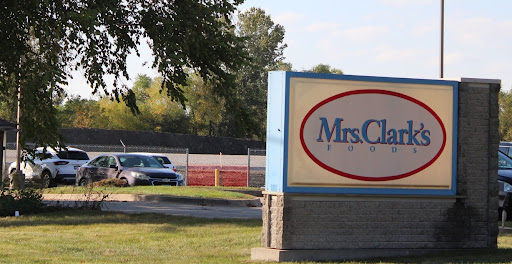State panel moves to save communities cash — or ‘weaken’ water quality protection

PERRY BEEMAN May 18, 2016 | 3:42 pm
2 min read time
528 wordsAll Latest News, Business Record Insider, EnergyA trio of business and government groups has asked the Iowa Environmental Protection Commission to change state rules in an effort to overturn environmentalists’ March court victory in a water quality case.
Depending on the source, the petition is either a way to prevent small cities like Clarion from spending millions more for already expensive sewage treatment projects, or it’s an effort to weaken environmental standards at a time when the debate over water quality is at its hottest.
Environmentalists led by the Iowa Environmental Council and the Environmental Law & Policy Center successfully argued in court that the Iowa Department of Natural Resources had failed to properly consider less-polluting options when it approved sewage improvements at Clarion, a north-central Iowa town of 2,800. Environmental groups had pushed for a system that would remove nitrogen, which converts to health-threatening nitrate in rivers.
The Iowa Association of Municipal Utilities, the Iowa League of Cities, and the Iowa Association of Business and Industry then petitioned the Iowa Environmental Protection Commission for new rules. They argued that state regulations now are ambiguous about which alternatives must be analyzed and leave communities vulnerable to expensive requirements, said Timothy Whipple, general counsel for the utilities association.
The commission on Tuesday approved a “notice of intended action,” moving forward with an edited version of the language the business groups submitted for consideration. A public hearing will be held at 1 p.m. June 29 at the Wallace State Office Building. The proposed rule is available in the May 17 commission packet.
District Judge Michael Huppert ruled in March that the natural resources department failed to properly consider how much pollution would go into the Des Moines River watershed, and instead focused primarily on the cost of the project.
Josh Mandelbaum, staff attorney for the Environmental Law & Policy Center, said the new language proposed by the business groups to overturn that court decision would “weaken the standards. It takes out the need to consider the environmental benefits of less polluting alternatives.
“We think this is very concerning,” Mandelbaum said. “It significantly weakens our current protections for water quality at a time when we have significant water quality challenges.”
Mandelbaum will encourage the EPC to reject the rule, and suspects the U.S. Environmental Protection Agency may reject it, too.
Whipple said environmental groups went too far in using what he considered an ambiguous section of current regulations — the part that laid the groundwork for what less-polluting alternatives had to be considered. “We viewed the lawsuit as really an overreach,” Whipple said. “It leveraged an ambiguity in the rules at DNR.”
The new rule would prevent local communities from having to pursue much more costly improvements that wouldn’t have much of an effect on streams, and would take some uncertainty out of construction schedules, Whipple said.
“That’s not really going to affect and improve water quality when 92 percent of nitrogen in the rivers comes from agriculture,” Whipple said of the current rule. “To require one or two point source permittees to carry millions of dollars in additional debt is not really sustainable. It comes down to the cost and who is going to bear it.”










